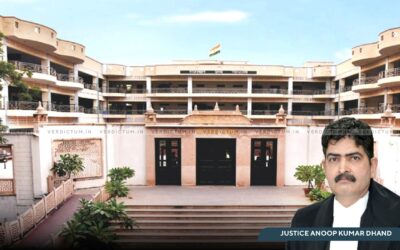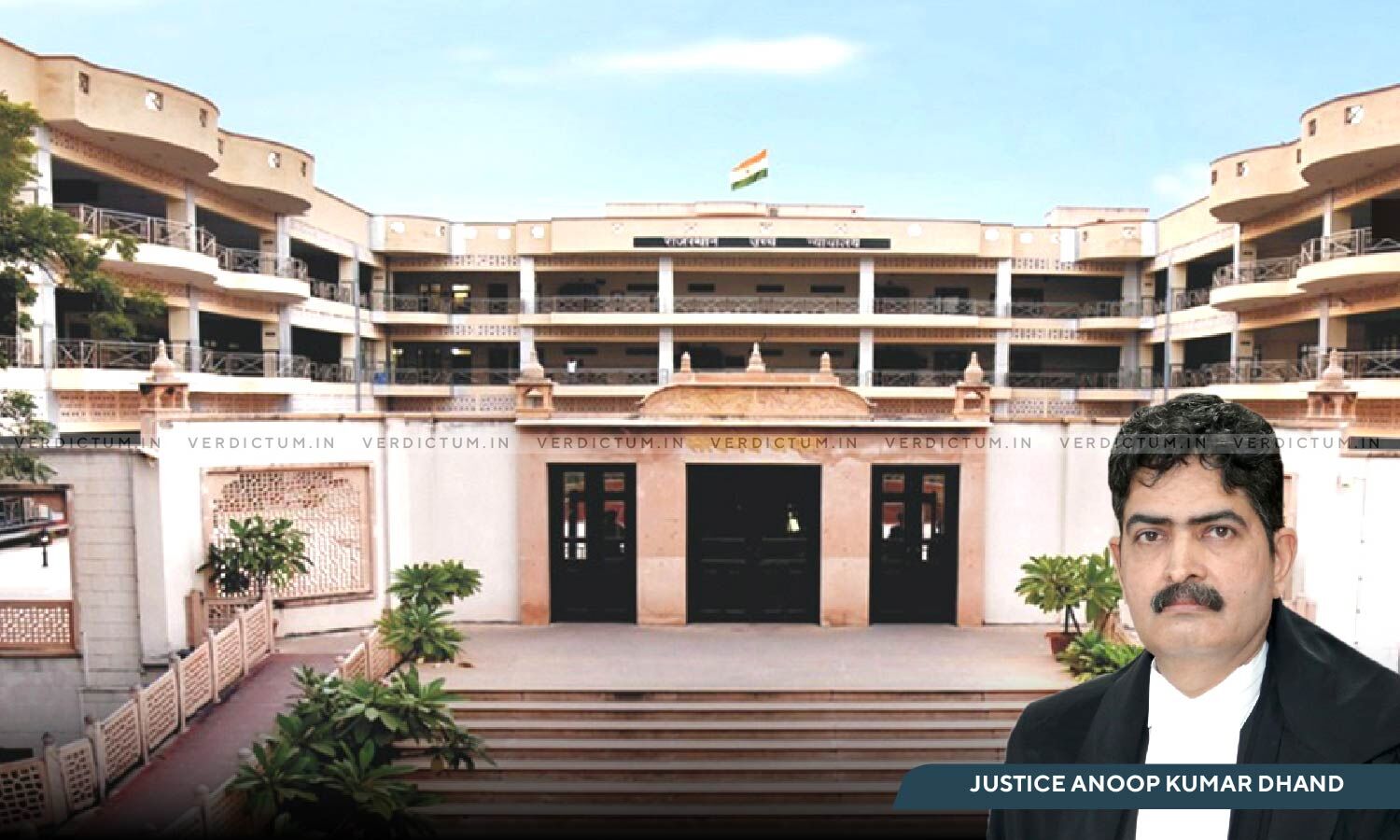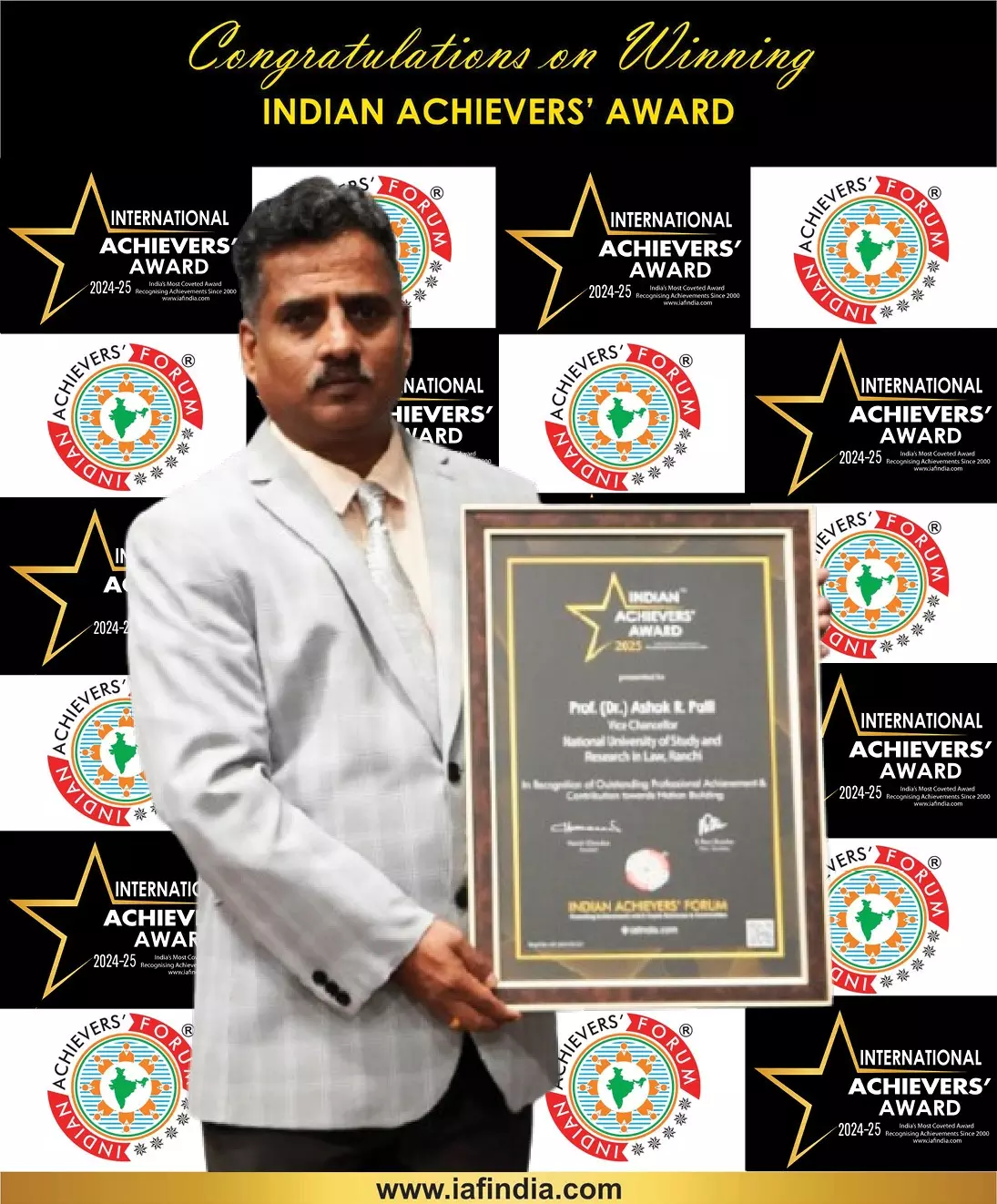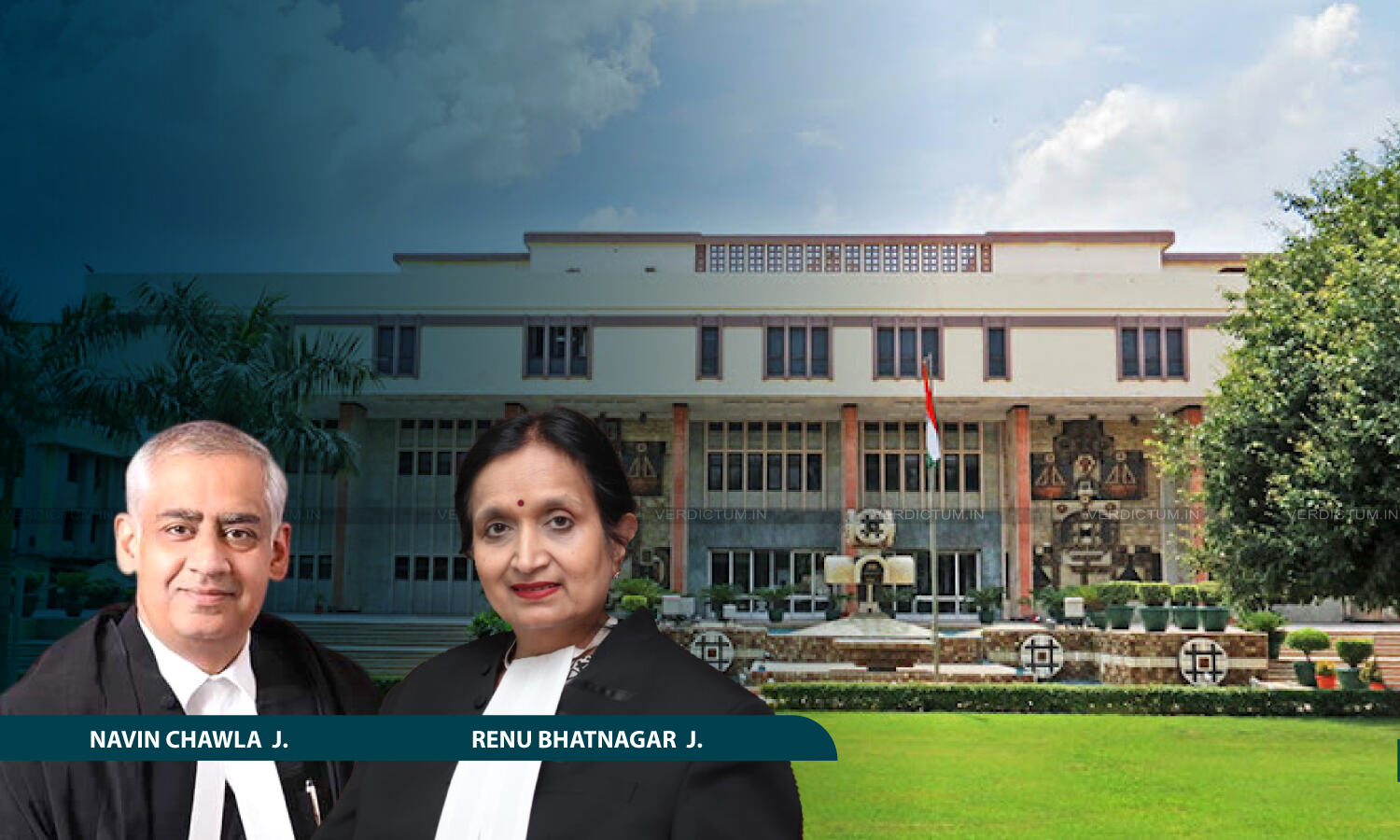Experts At NLUO-CRY Panel Call For Stronger Child-Centred Justice In India
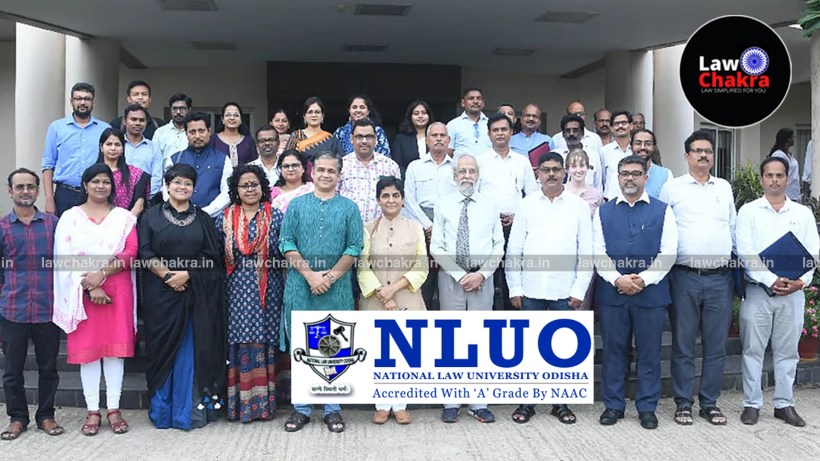
The NLUO-CRY event focused particularly on General Comment No. 27 issued by the UN Committee on the Rights of the Child, which outlines how countries must ensure that children can access justice and get proper legal remedies.

Odisha: The Centre for Child Rights (CCR) at National Law University Odisha (NLUO), in partnership with Child Rights and You (CRY), organised a high-level panel discussion titled “Advancing Child-Centred Justice” on June 3 in Cuttack.
This hybrid event was held as an official satellite event of the 5th World Congress on Justice with Children, which took place in Madrid from June 2 to 4.
The theme for the Congress was “Advancing Child-Centred Justice: Preventing and Responding to Violence Affecting Children in Justice Systems.”
The NLUO-CRY event focused particularly on General Comment No. 27 issued by the UN Committee on the Rights of the Child, which outlines how countries must ensure that children can access justice and get proper legal remedies.
The session gave experts, officials, and legal scholars a space to talk about practical ways to make sure that children truly experience justice, not just in the courtroom but in their daily lives.
The discussion brought together many respected figures with deep experience in child rights and justice systems, including:
- Justice Madan B Lokur, Chairperson of the United Nations’ Internal Justice Council and former Supreme Court Judge
- Justice Savitri Ratho, Judge at the Orissa High Court and Chair of its Juvenile Justice Committee
- Shubha Sarma, IAS, Principal Secretary, Department of Women and Child Development, Government of Odisha
- Prof Ved Kumari, Vice Chancellor of NLUO and Patron-in-Chief of the CCR
- Sonal Kapoor, Founder-CEO of Protsahan India Foundation
- Prof Rangin Pallav Tripathy, Registrar and Professor at NLUO
- Subhendu Bhattacharjee, Director of Research and Knowledge Exchange, CRY
The session was moderated by Prof Biraj Swain, Chief Minister’s Chair Professor and Director, Centre for Child Rights, NLUO.
While speaking at the event, Justice Madan B Lokur stressed the importance of ensuring real and effective justice for children, whether they are victims, accused, or in need of protection.

“Justice Is a Promise Owed to Every Child”: Experts at NLUO-CRY Panel Call for Stronger Child-Centred Justice in India
He highlighted some serious challenges, such as the underreporting of violence against children, delays in inquiries, and the trauma children face when the justice system fails them.
“Children interacting with the justice system must be approached with empathy,” he said.
Justice Lokur called for social audits of child protection commissions and children’s courts, saying this would make the system more transparent. He also urged for strong political will and a shift towards restorative justice approaches that focus on healing rather than punishment.
He pointed out the need to “evaluate schemes through the stages of awareness, implementation and performance audits.”
Justice Savitri Ratho emphasised that justice for children should not just mean access to a court. It must be transformative, meaning that the child should feel seen, heard, and respected throughout the process.
“Access to justice must be transformative, going beyond mere physical access,” she said.
She stressed the importance of trauma-informed procedures, which help children who have been through difficult experiences, and said that regular monitoring under the Juvenile Justice (Care and Protection) Act, 2015 is especially crucial for children from poor or marginalised backgrounds.
She firmly stated, “Justice should not be seen as a privilege but as a promise owed to every child.”
Shubha Sarma, IAS, spoke about the Odisha government’s commitment to child rights and well-being. She mentioned successful schemes like Subhadra and Ashirbaad, which are aimed at supporting children in need.
“The State’s dedication to child welfare” is clear through such flagship initiatives, she said.
Sarma also stressed the importance of trauma-informed care, kinship-based adoption (where children are placed with relatives), and inclusive rehabilitation models. These, she explained, are key to reducing child incarceration and ensuring children are treated with dignity.
“The timely delivery of justice plays a crucial role in helping children reintegrate into society,” she said.
She added, “Odisha is proactively moving toward implementing restorative justice frameworks.”

